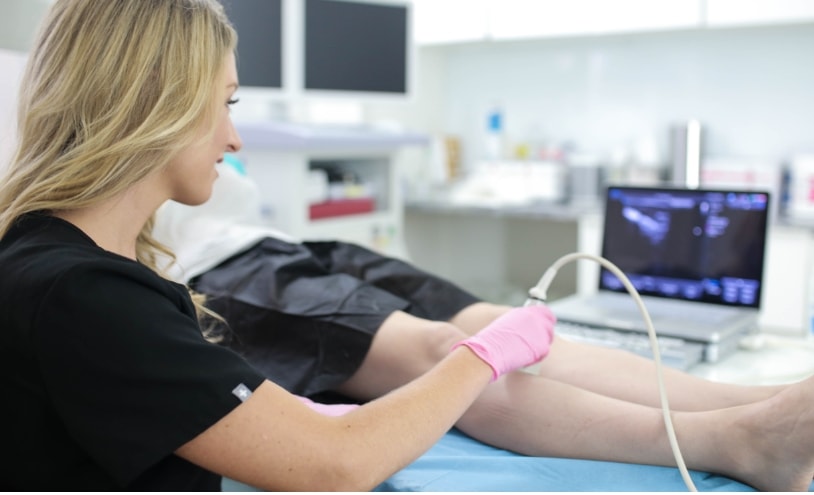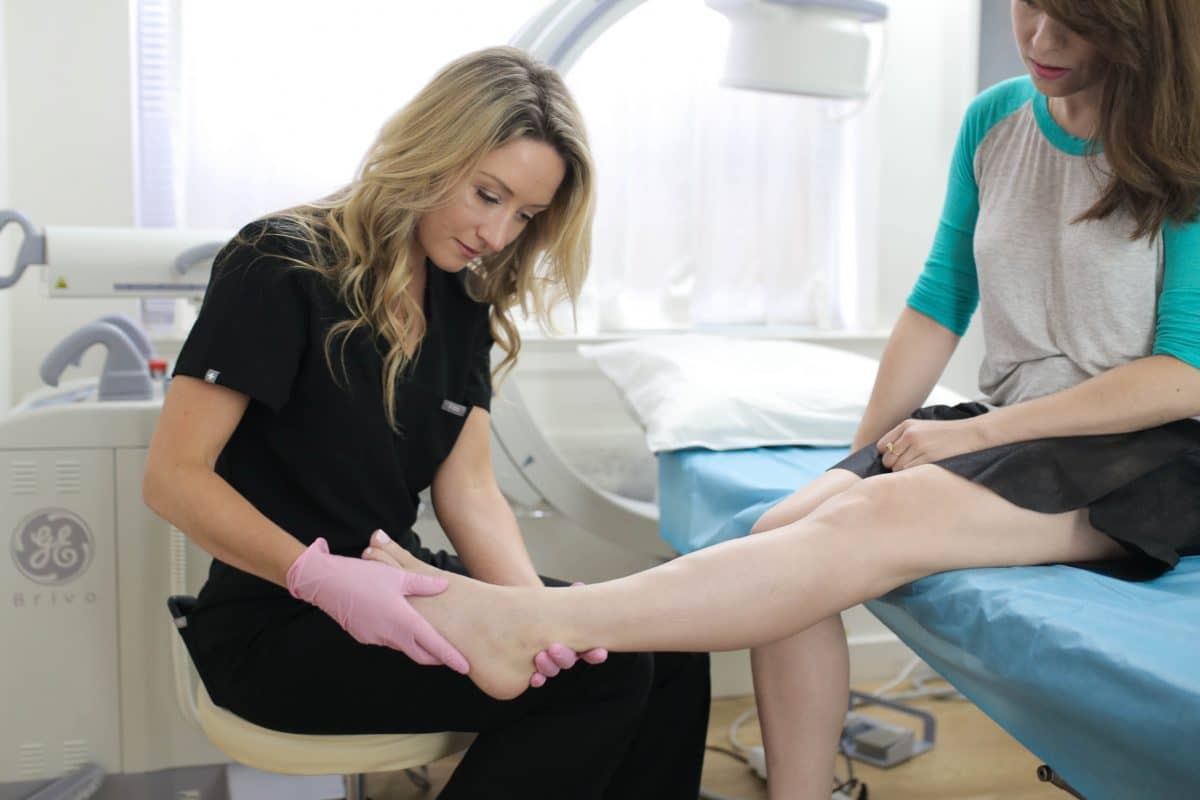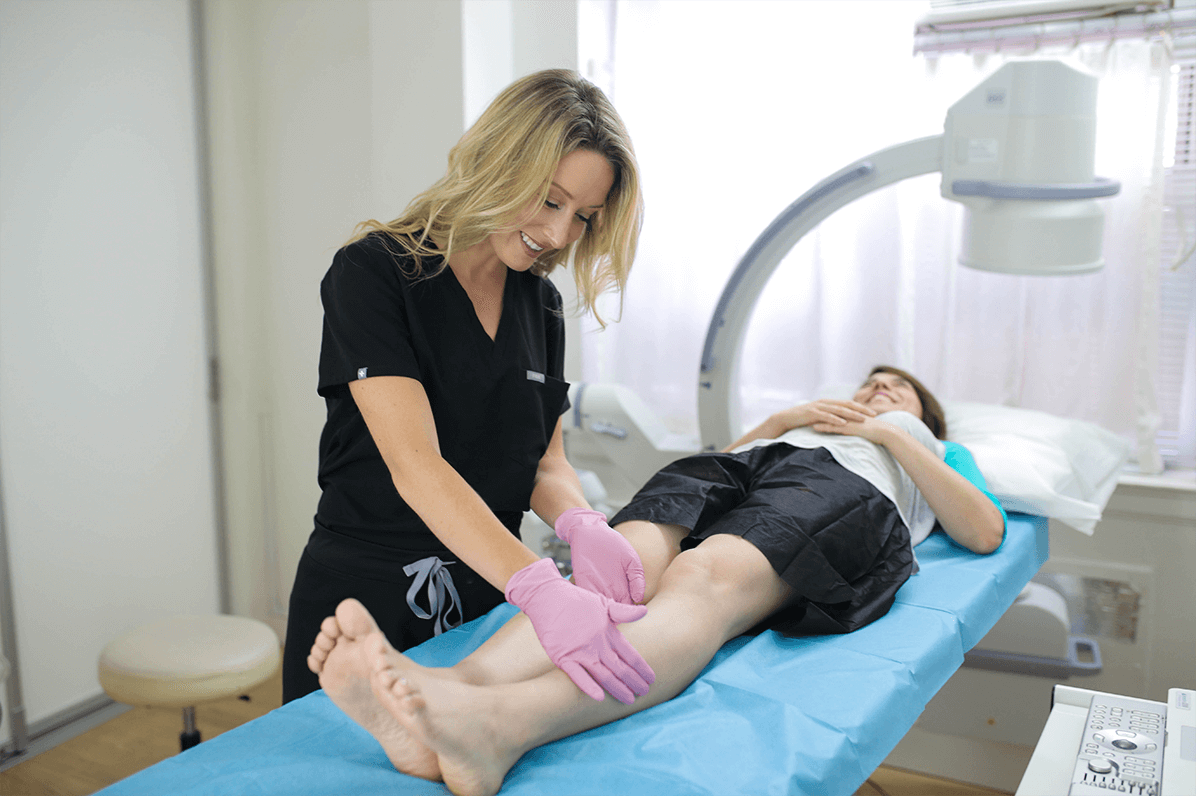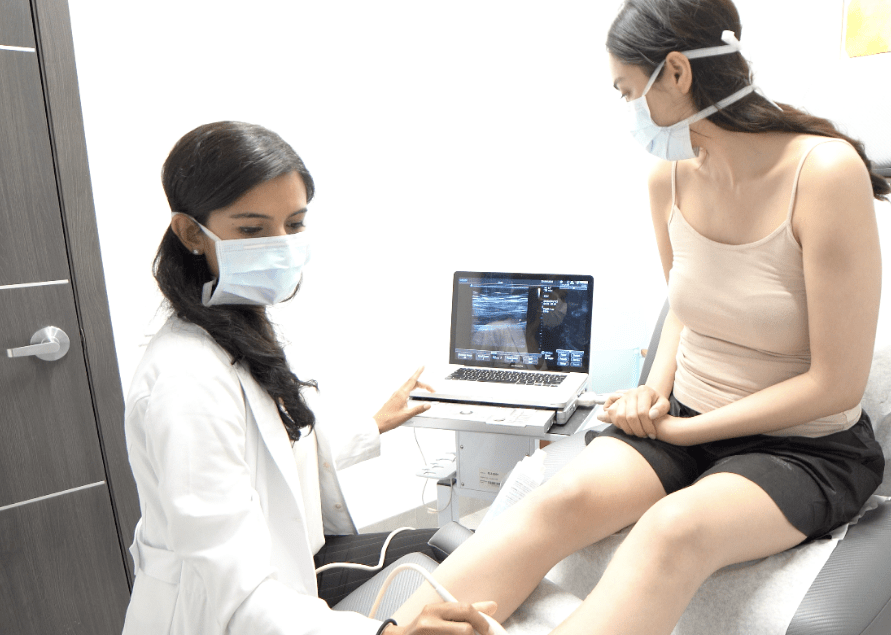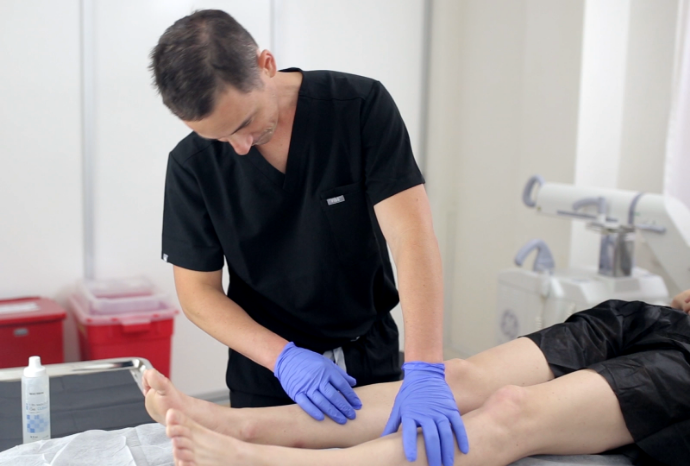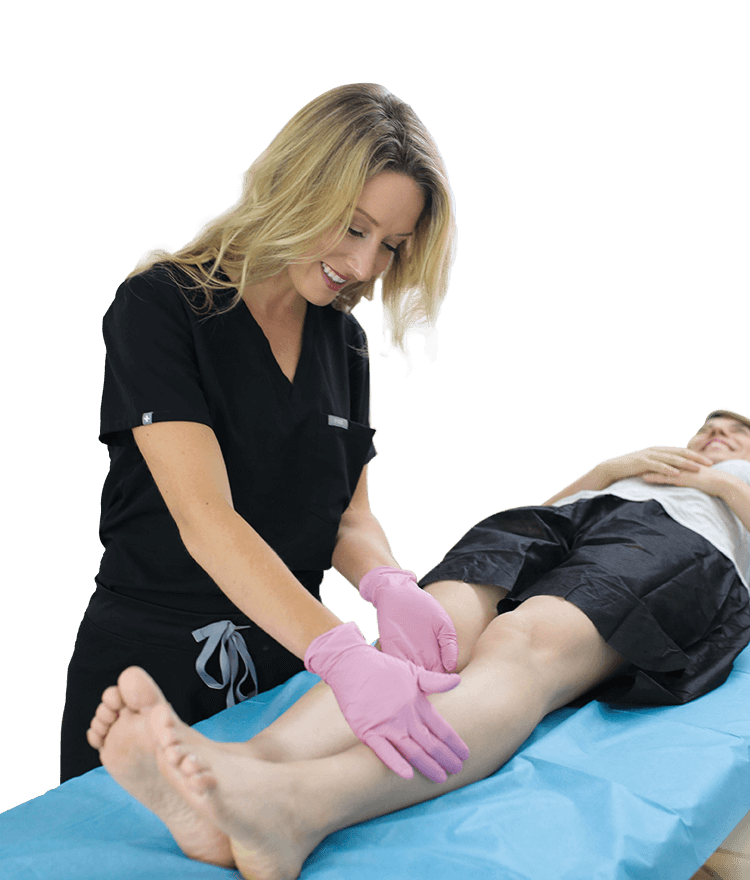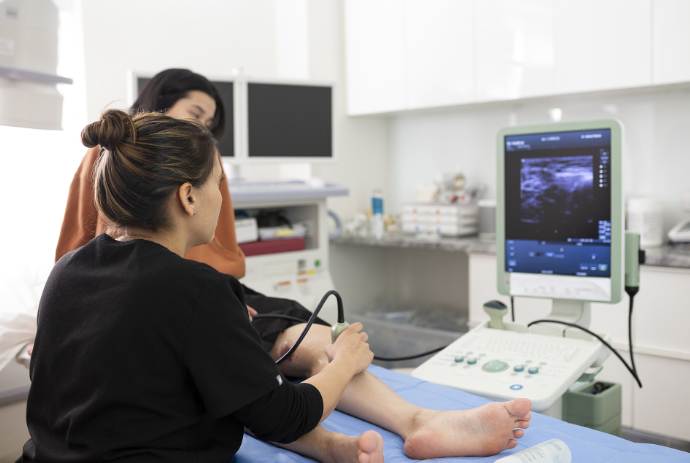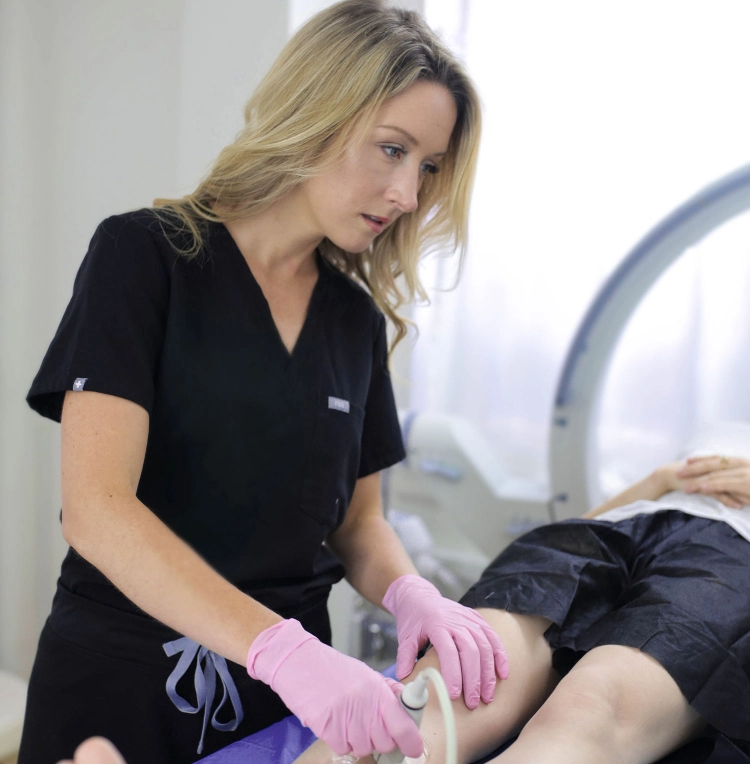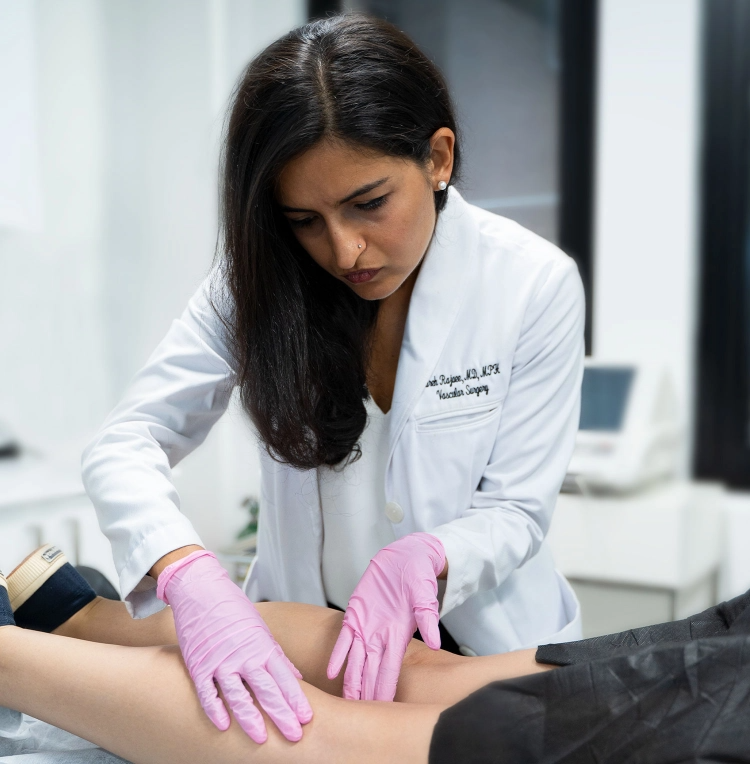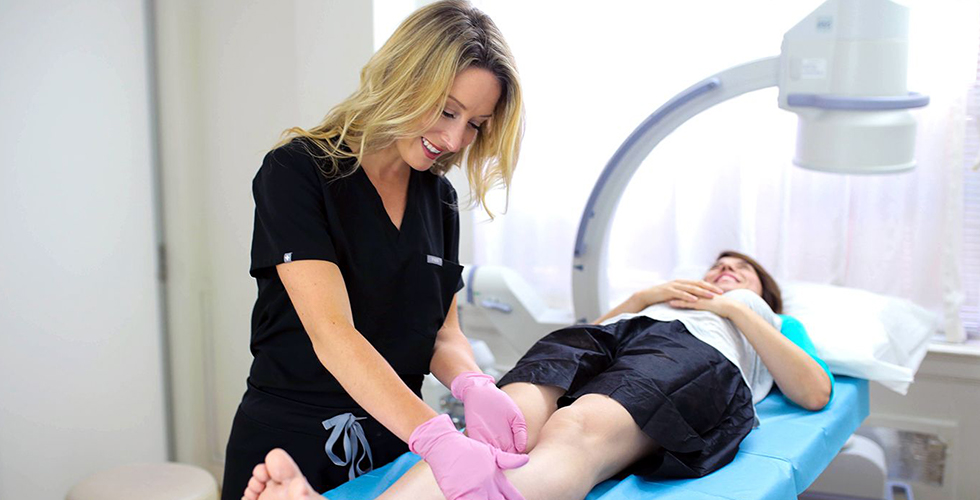When you're on the verge of undergoing a treatment, a pressing question arises: Do Spider Veins Come Back After Laser Treatment This is a legitimate concern, given the substantial investment you're making to address it. However, there are numerous factors to consider when discussing vein reappearance. This article will enlighten you on these factors, but remember, a vein specialist is your best guide for personalized advice. To find the definitive answer, read on.
What is a Vein Specialist Called
A phlebologist is a specialized doctor who treats vein disorders and venous diseases that cause discomfort in the patient's feet and legs. "Phlebologist" comes from "phlebology," a field of medicine dealing with veins.
Sclerotherapy: What is it?
Sclerotherapy is a medical procedure used to treat spider and varicose veins, which are typically found on the legs. Your doctor will inject a specific solution into your spider or varicose vein using a needle. This chemical solution irritates the lining of your blood vessels, causing them to swell, adhere, and leave a scar. Your vein is sealed off, improving both its appearance and sensation.
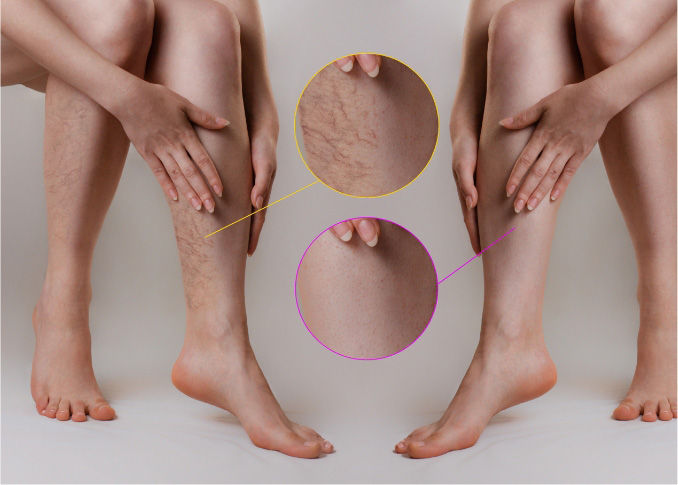
Principal Grounds Of Getting Back The Varicose Viens
Spider veins recur, or at least reappear, for a few reasons. However, the most common outcome of treatment is the development of new spider veins in the exact location.
Therefore, the treated spider veins are not coming back. Instead, fresh spider veins emerge and are misidentified as the original veins.
- Because the patient has venous insufficiency, new spider veins grow from deeper, untreated veins.
- The body's inability to appropriately control the development of new veins
- The individual keeps up their spider vein-causing behaviors, such as staying obese or spending a lot of time sitting or standing.
- When treating them, saline or skin lasers were misapplied.
- Molecular Biology
Therapies for Varicose Veins Using Medicine
Medical treatment:
Source is another option for treating varicose veins if home remedies are ineffective or give the patient great suffering. A physician might recommend the following:
Endothermal ablation:
This technique involves sealing the afflicted veins using heat.
During an ambulatory phlebectomy, a physician makes tiny skin punctures to remove varicose veins. Usually, there is not much scarring afterward.
Sclerotherapy:
This treatment shrinks and closes the veins using a specific foam.
Ligation and stripping:
This process involves the surgical excision of varicose veins.
During laser surgery, the vein is exposed to brief, powerful bursts of light that cause it to fade and disappear progressively.
Winding it up
This article has stated all the significant things you need to know when treating varicose veins. When you have the proper treatment, there is less chance that you will face the problem of varicose again. You should go with an expert treatment; although costly, it will yield effective results. Also note that after therapy, they have a higher chance of returning to those pregnant women. Moreover, if you have a sedentary lifestyle or are obese, your chances of having varicose veins return are increased.
